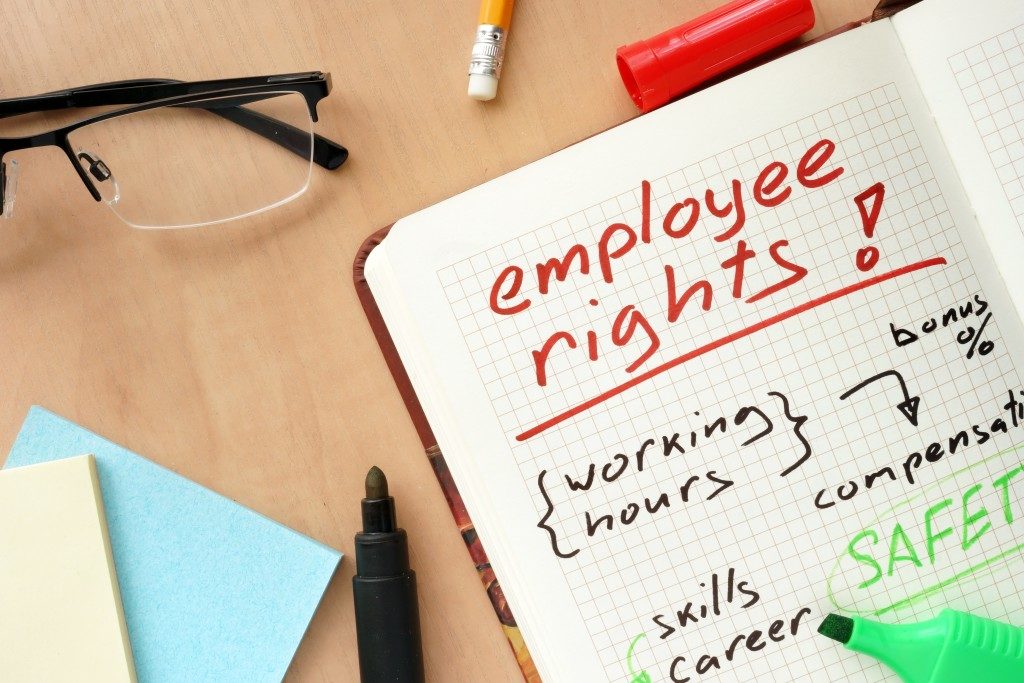When people look for jobs, the first thing they consider is the salary. While it’s completely understandable, it’s not the only important factor. Some companies may offer average wages but compensate with great perks. Meanwhile, there are employers who boast a high salary, but it comes with a lot of strings attached. You have to go through hoops and overwork yourself to be able to enjoy them. Whether you’re choosing between several job offers or applying for a different position, cover all your bases. Check out these great employer benefits before you make a big decision:
Disability Insurance
Look for employers who offer disability insurance. If eligible, you can apply for long-term disability claims which can cover your pay for years to come. This is useful if you have kids relying on you and you develop an impairment that affects your work. According to the Bureau of Labor Statistics, there were 2.8 million work-related illnesses or deaths in 2018 alone. If you want to play it safe, insurance is the key. You won’t have to worry about work while battling your illness. Your source of income is safe, so you can focus on recovering or finding a different line of work. Some policies even provide benefits until your retirement. However, the coverage varies depending on the employer and the insurance. Make sure to read the fine print. If it’s a high-risk job, it might be best to apply for an additional insurance from a private provider. You’ll get the best of both worlds and you don’t have to worry about money if you get sick.
On the other hand, some employers only offer short-term disability insurance. Unlike its long-term counterpart, you can receive up to 80% of your salary if you’re eligible. The downside is that its benefits typically only cover around three to six months. But if your employer pays your premiums, it’s still a great benefit. It can give you some extra time to recuperate or look for a different job.

Parental Leave
According to the Pew Research Center, Millennials’ approach to family differ from previous generations and the figures reflect it. Only 55% of Millennial women have given birth, compared to the 62% to 64% of older generations. They are also waiting longer to have kids. One possible explanation behind this shift is the economic disadvantages. People have to pay off expensive student loans, credit card debts, and utility bills. The lack of family leave also doesn’t help.
Among the countries in the OECD, only the US doesn’t have a nationwide mandated parental leave. Instead, only five states have laws in place that aid new parents. In comparison, the other nations in the study require a minimum of two months’ worth of paid leave. Despite this, there are plenty of employers who offer the perk. A Society for Human Resource Management study found that most companies offer at least 12 weeks of paid or unpaid maternity leave. If you plan to start a family, ask about your employer’s leave policy. It can help you cope with the financial and emotional stress that come with parenting.
Workplace Environment
Employer benefits don’t start and end at insurance or paid leaves. The office itself can play a big role in your experience at the company. Some employers offer flexible arrangements. You can work from home a few times a week or even work remotely full-time. If you have a home office or prefer having the option, it’s a great choice. Alternatively, there are also companies that are traditional and stick to the 9-5 routine. For such setups, the office design matters. In fact, a 2018 survey found that employees picked access to natural light as the best office perk, outranking gym access and cafeterias.
Besides windows and lighting, other factors matter as well. A lot of workplaces have adapted the open office design. Instead of cubicles, employees work using desks with low or no partition. It’s a great layout to encourage collaboration and open communication. The downside is that it can also be noisy and distracting for other employees. A poll has shown that 58% of high-powered employees need silence to focus and problem solve. As you enter the office for your job interview, check out the surroundings. Try to picture yourself working there and get a feel if it might be a good fit for you.
Don’t get blinded by an impressive salary offer. Make sure to weigh the different factors that can affect your work life. Perks may benefit your well-being and financial ability more in the long run.



